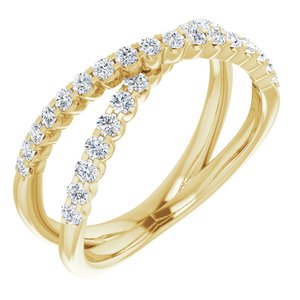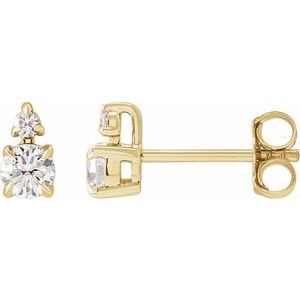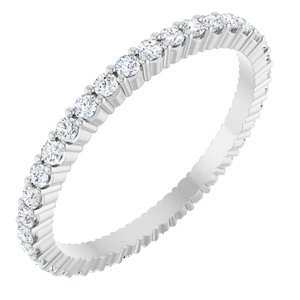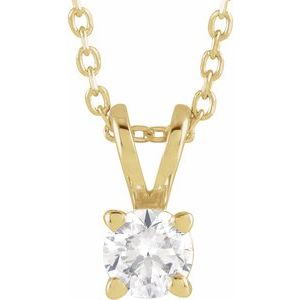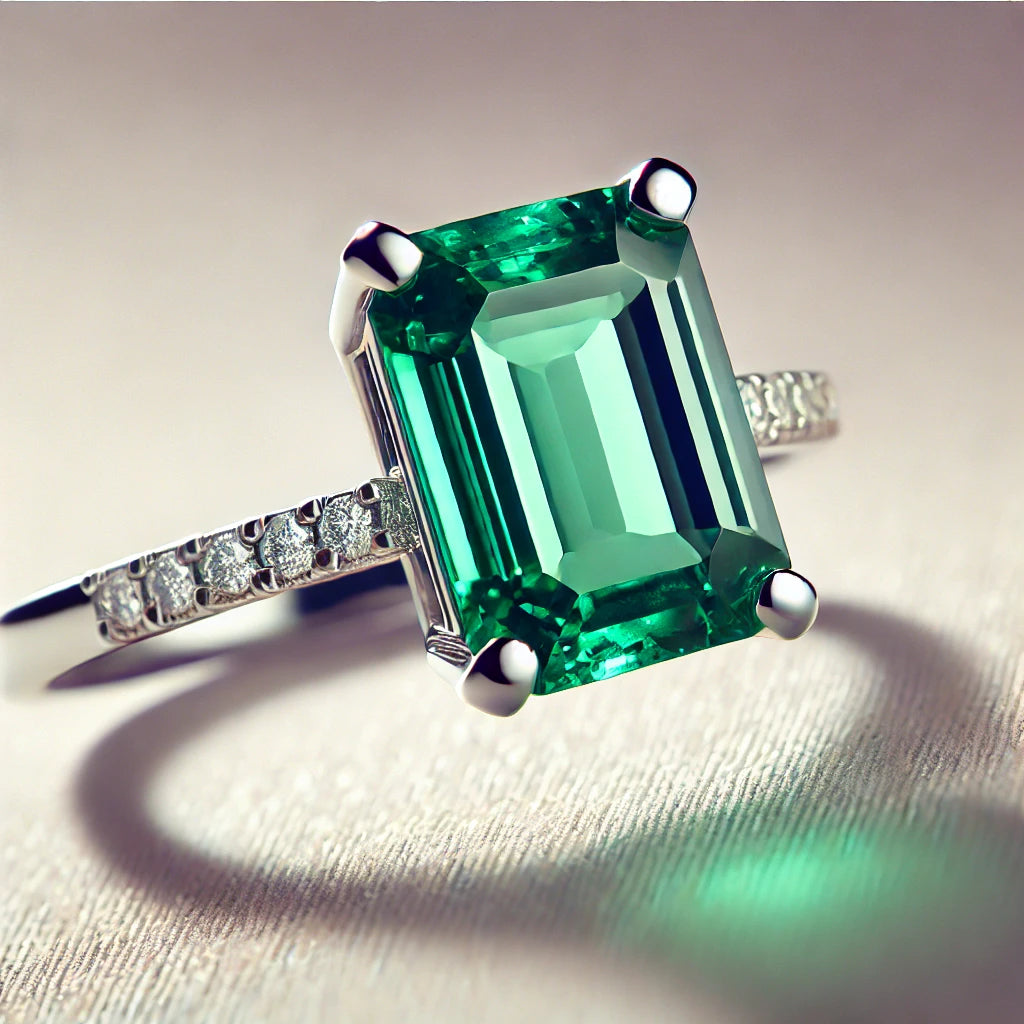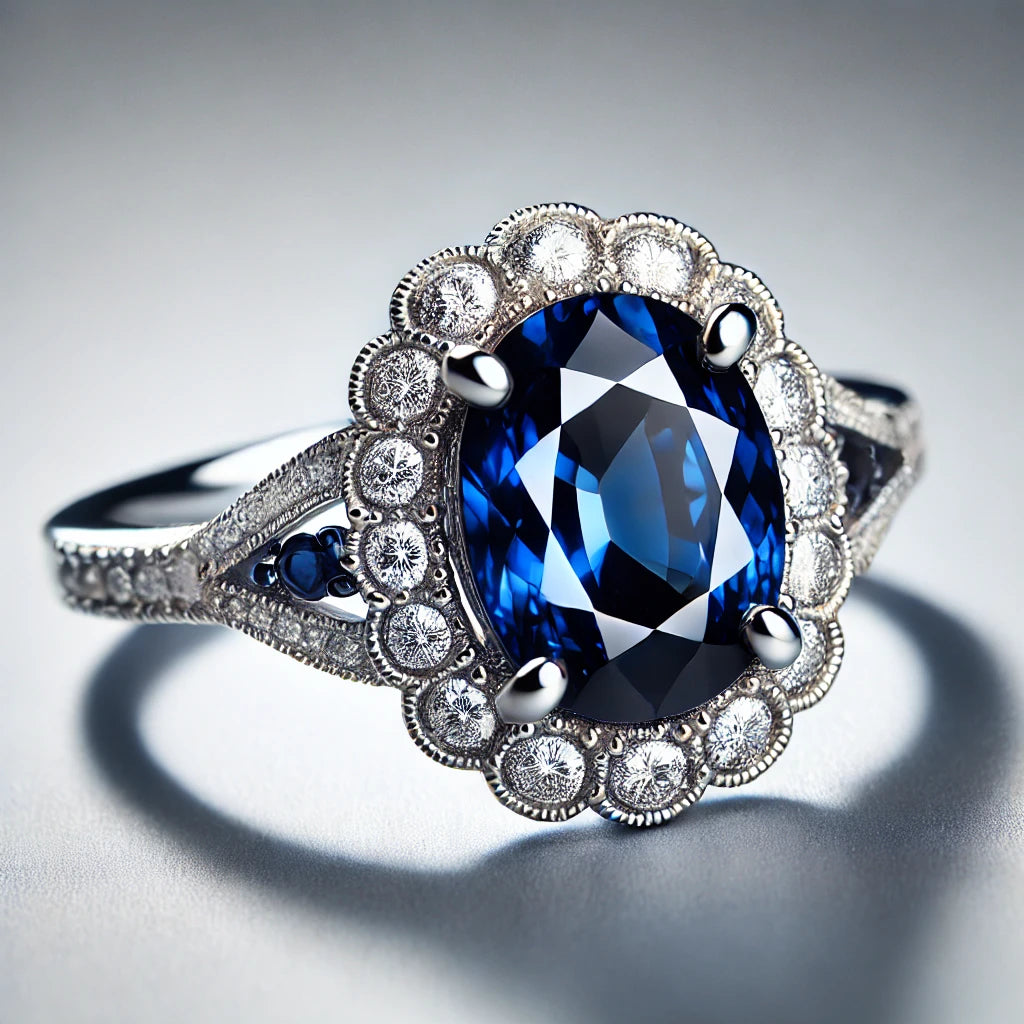Introduction:
As ethical considerations and individuality in style become central to modern jewelry choices, couples today are exploring alternatives to traditional diamond engagement rings. Whether you’re drawn to natural gemstones for their historical allure or lab-grown gemstones for their ethical production, this comprehensive guide will help you make an informed decision. At Promise Jewelry, we believe in providing sustainable, high-quality options, helping you choose the perfect gemstone that aligns with your values and aesthetics.
Natural Gemstones vs. Lab-Grown Gemstones: What’s the Difference?
Formation and Origin
- Natural Gemstones: Formed over millions of years under the Earth’s surface, natural gemstones like diamonds, sapphires, and rubies are rare and unique. Their formation is influenced by natural geological processes, resulting in a one-of-a-kind gem with individual characteristics and inclusions.
- Lab-Grown Gemstones: Created in a controlled environment using advanced technology, lab-grown gemstones replicate the same chemical and physical properties as natural ones. By mimicking the high pressure and temperature conditions found in the Earth’s mantle, these gems are indistinguishable from natural stones to the naked eye.
Key Takeaway: Both options are identical in appearance and durability, but lab-grown gemstones offer a more ethical, eco-friendly, and affordable alternative.
Cost Comparison: Lab-Grown Gemstones Offer Affordability
Lab-grown gemstones can be up to 40% less expensive than their natural counterparts due to the lower costs associated with production. For couples seeking larger or higher-quality stones within a budget, lab-grown gemstones provide an excellent option without compromising on beauty or durability.
At Promise Jewelry, we offer a wide selection of affordable lab-grown gemstones that maintain the luxurious appeal of traditional gems. Our lab-grown diamonds, sapphires, and emeralds are perfect for those who want high-quality stones at competitive prices.
Environmental and Ethical Considerations
Environmental Impact:
- Natural Gemstones: Mining gemstones, particularly diamonds, often involves significant environmental degradation, including deforestation, soil erosion, and disruption of local ecosystems.
- Lab-Grown Gemstones: These gemstones are produced in laboratories with significantly lower environmental impact. They require fewer resources, consume less energy, and result in minimal ecological disruption.
Ethical Concerns:
- Natural Gemstones: The extraction of natural gemstones can be linked to unethical labor practices and conflict zones, often referred to as “blood diamonds” in the case of diamonds.
- Lab-Grown Gemstones: Free from conflict and human rights violations, lab-grown gemstones offer a transparent, ethical alternative. They are a guilt-free choice for the environmentally and socially conscious couple.
Promise Jewelry is committed to responsible sourcing and offers both ethically mined and lab-grown gemstones. Whether you choose natural or lab-grown, we ensure that each piece upholds the highest ethical standards.
Durability and Longevity
When choosing a gemstone for an engagement ring, durability is a key factor to consider since the ring will be worn daily. Both natural and lab-grown diamonds rank 10 on the Mohs hardness scale, making them exceptionally durable and resistant to scratches. Other popular engagement gemstones like sapphires and rubies (both natural and lab-grown) rank 9, making them suitable for everyday wear as well.
Top Gemstones for Engagement Rings
-
Diamond (Natural or Lab-Grown):
- The classic choice for engagement rings, diamonds are known for their brilliance, durability, and timeless appeal. Lab-grown diamonds offer the same properties at a more affordable price, while natural diamonds hold the allure of rarity.
-
Sapphire (Natural or Lab-Grown):
- Known for its deep blue hue, sapphires are a popular alternative to diamonds. Lab-grown sapphires are available in a wide range of colors, offering greater flexibility in design and personalization.
-
Emerald (Natural or Lab-Grown):
- Emeralds are cherished for their rich green color and symbolize growth, harmony, and renewal. While natural emeralds often contain inclusions, lab-grown emeralds can offer a clearer stone without the premium price.
-
Ruby (Natural or Lab-Grown):
- Symbolizing love and passion, rubies are known for their fiery red color. Like sapphires, rubies are nearly as durable as diamonds and make a bold statement in engagement rings.
-
Morganite (Natural):
- For couples seeking a softer, romantic hue, morganite offers a peachy-pink color that pairs beautifully with rose gold. Although morganite is typically natural, it’s an affordable option compared to traditional diamond engagement rings.
Ethical Gemstone Sourcing: What to Look For
When selecting a gemstone, especially a natural one, look for certifications that guarantee responsible sourcing. These include:
- Kimberley Process Certification: Ensures diamonds are conflict-free.
- Fair Trade Gemstones: Guarantees that gems are mined under fair labor conditions with minimal environmental impact.
At Promise Jewelry, we prioritize ethically sourced gemstones, so you can wear your jewelry with pride, knowing it aligns with your values.
Trends in 2024: Lab-Grown Gemstones on the Rise
Lab-grown gemstones, particularly sapphires and diamonds, are becoming increasingly popular due to their affordability, sustainability, and variety. Couples are embracing lab-grown options as a way to express their individuality without compromising on quality. Expect to see more unique settings, colorful stones, and a growing shift towards ethically produced gems in the coming years.
At Promise Jewelry, our 2024 collection features a range of lab-grown engagement rings in contemporary and vintage-inspired designs, allowing you to make a bold statement with a clear conscience.
How to Choose the Right Gemstone for Your Engagement Ring
-
Consider Durability:
- If your ring will be worn daily, opt for a gemstone that ranks high on the Mohs hardness scale, like diamonds, sapphires, or rubies.
-
Reflect Your Personal Style:
- Lab-grown gemstones offer more color options and customization, allowing you to choose a stone that resonates with your personality.
-
Budget:
- Lab-grown gemstones are generally more affordable, enabling you to invest in a larger or higher-quality stone without breaking the bank.
-
Ethical Preferences:
- If social and environmental responsibility is important to you, lab-grown gemstones provide a guilt-free option that aligns with sustainable values

